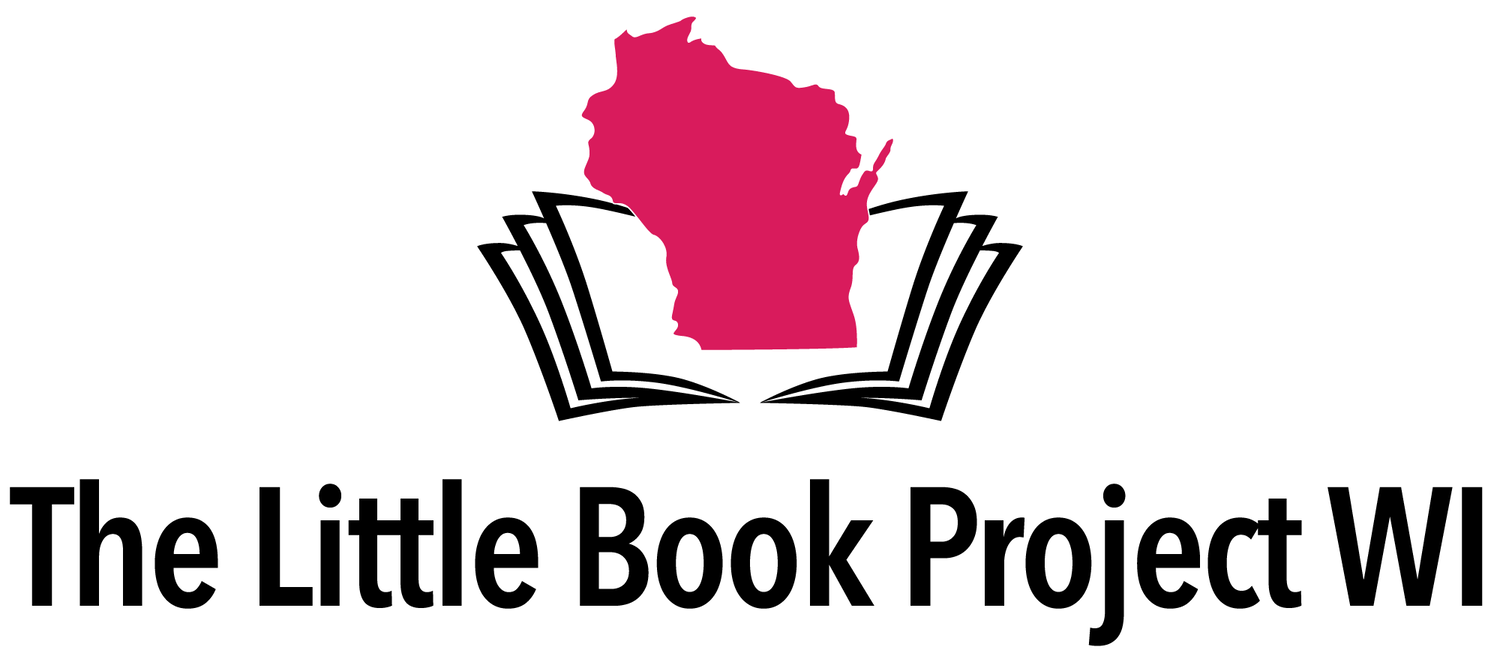Artist Profile: Maya Payne Smart
Maya Payne Smart is a parent educator, early literacy advocate and the author of Reading for Our Lives: A Literacy Action Plan from Birth to Six (Avery/Penguin Random House). Her website (MayaSmart.com) publishes new book lists, literacy activities and other free family resources weekly to help parents play their dual roles as first teachers and educational advocates. She serves as affiliated faculty in Educational Policy and Leadership in the College of Education at Marquette University.
1) What challenges did you encounter along the journey to publishing this book?
The biggest challenge on the road to creating “Reading for Our Lives” was not the writing or the research, but making the time to write and learning to keep commitments to myself. If there's an appointment on my calendar, say a doctor's appointment or a parent teacher conference, I'm definitely showing up with bells on. But if there was a block of time I'd designated to write, I didn't necessarily show up with the same promptness and reliability.
My recommendation for myself and for aspiring writers is to keep in mind the ABCs—accountability, boundaries, and consistency. If you’re like me and struggle to hold time and space for your personal projects, you might need a coach or a writing partner to check in with at regular intervals.
Deadlines offer powerful accountability too. The thing that really got me to the finish line with my first book was an agent telling me that the proposal needed to be done before publishing pros took off for summer vacations. That firm deadline created a sense of urgency for me. And then, once the book had been sold, the deadline to the publisher was the next goal post that helped me lock in and get writing.
Boundaries are also critical. I found I needed to set clear limits on how I allowed other people and projects to occupy my time. In order to get this book done, I had to clear my calendar of a lot of volunteer obligations and commitments to other people. They were wonderful things that felt worthwhile in the moment. But they were also things that I knew would not be as impactful or meaningful for me as completing my first book.
Finally, consistency matters. I had to find ways to advance the project every day, even if it was just 10 minutes of active output—note taking, brainstorming, outlining, writing. Just reading on the subject or listening to podcasts or consuming other people's thoughts didn’t count. I wanted to be sure to consistently get my own thoughts out there, because it's through the process of writing that I refined my ideas.
2) Share one or two community initiatives you are involved with atm.
I love supporting family literacy through the National Black Child Development Institute's Milwaukee affiliate’s Brunch of Books. The event was virtual last year because of Covid, but this fall I had the opportunity to sponsor the event and attend in person. It’s a beautiful celebration of books that brings families of young children together for a kid-friendly meal and program, including read-alouds and giveaways. Every child leaves the free program with a box of books from Rooted MKE (a local independent bookseller) plus goodies to take home, and the excitement in the room is palpable. It’s so inspiring to see parents claim their power as children’s first teachers and gain practical tips to seed literacy in their homes long before kids get to school.
3) What literacy resources are you particularly fond of or have found to be quite useful and accessible to families?
Public libraries are always the first resource that I recommend. They create book access, which is incredibly important for all families, and many branches even have educational toys to use or borrow. They’re also a portal to so many vital community programs and resources through online directories and even bulletin boards in the buildings. Plus, they have children's librarians who are among the best people on earth and delight in modeling interactive read-alouds, recommending phenomenal reads, and simply being there to help. I also recommend that people get familiar with the CDC developmental milestones for their child's age, so they can be more informed and engaged during well-child visits with pediatricians. Each week my website publishes free family resources such as book recommendations and family literacy activities to help families prioritize everyday learning.
4) Please share 2 to 3 titles currently in your "to be read" pile.
I love to reevaluate my priorities and establish healthy practices in the fall, so “The Book of Boundaries” by Melissa Urban and “Rest is Resistance” by Tricia Hersey are on the top of my to-be-read pile. This season I’m all about taking care of myself and those I love, and structuring my life and time in ways that support wellbeing. I think these two books will help.


